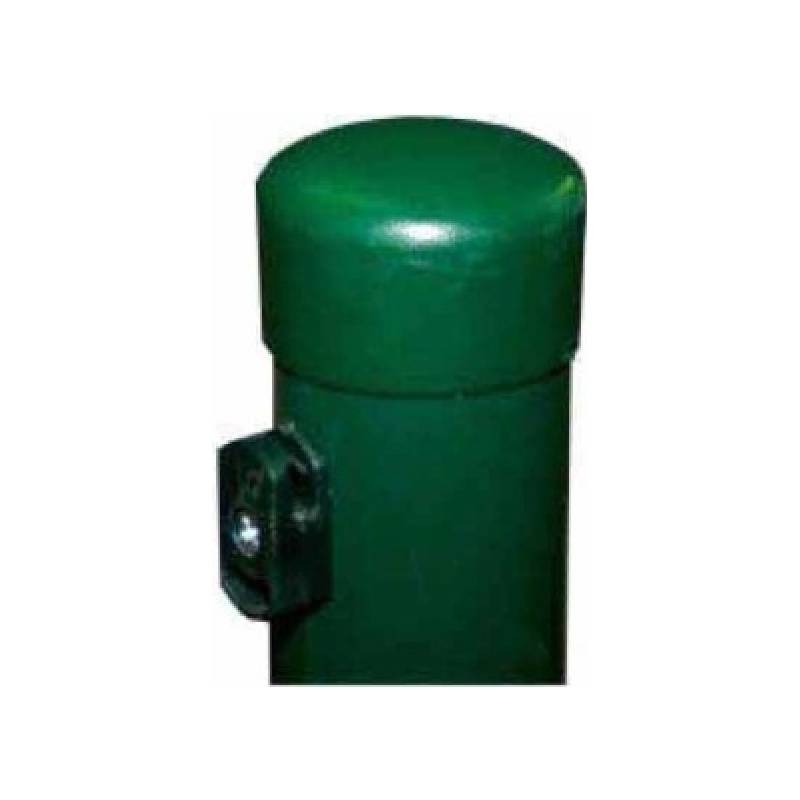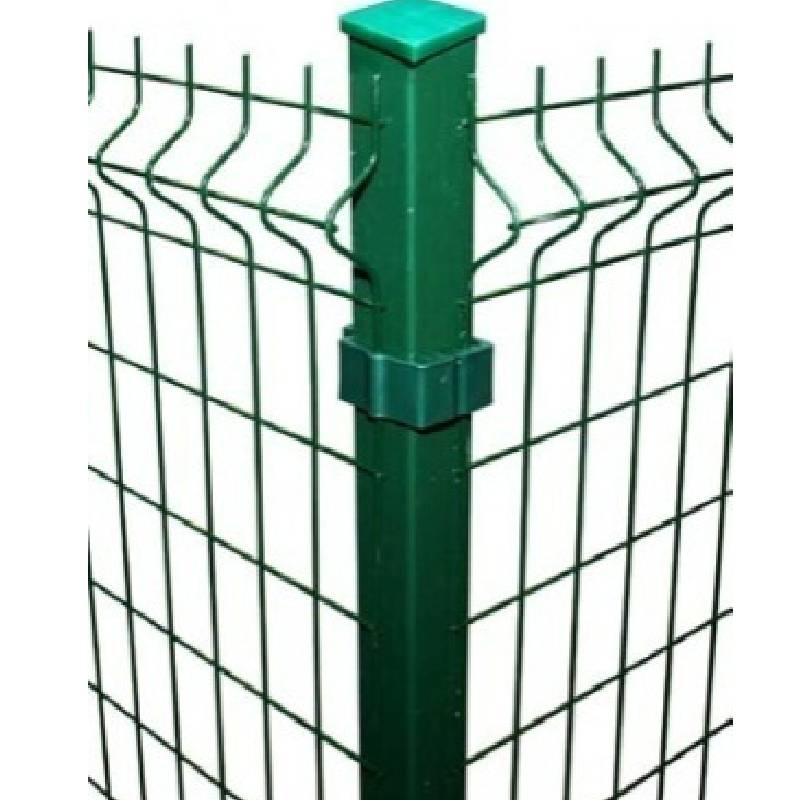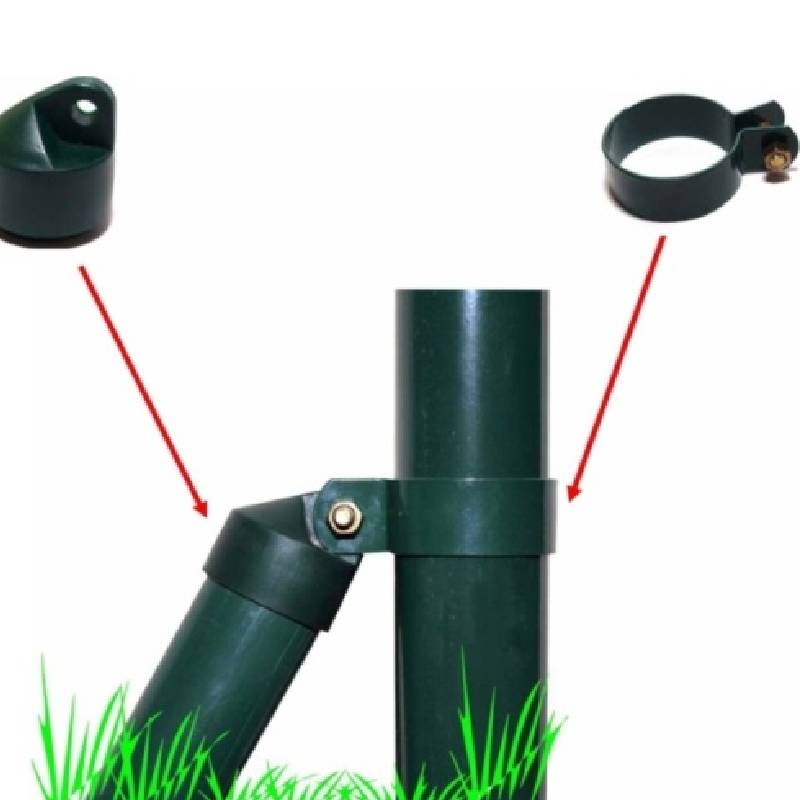-
E-post:zhao@hyliec.cn
-
Tel:+86 311 85273988
-
WhatsAPP:8613931128750
-
 afrikanska
afrikanska -
 albanska
albanska -
 amhariska
amhariska -
 arabiska
arabiska -
 armeniska
armeniska -
 azerbajdzjanska
azerbajdzjanska -
 baskiska
baskiska -
 vitryska
vitryska -
 bengaliska
bengaliska -
 bosniska
bosniska -
 bulgariska
bulgariska -
 katalanska
katalanska -
 Cebuano
Cebuano -
 korsikanska
korsikanska -
 Kroatisk
Kroatisk -
 tjeckiska
tjeckiska -
 danska
danska -
 holländska
holländska -
 engelsk
engelsk -
 esperanto
esperanto -
 estniska
estniska -
 finska
finska -
 franska
franska -
 frisiska
frisiska -
 galiciska
galiciska -
 georgiska
georgiska -
 tysk
tysk -
 grekisk
grekisk -
 Gujarati
Gujarati -
 haitisk kreol
haitisk kreol -
 hausa
hausa -
 hawaiian
hawaiian -
 hebreiska
hebreiska -
 Nej
Nej -
 Miao
Miao -
 Ungerska
Ungerska -
 isländska
isländska -
 igbo
igbo -
 indonesiska
indonesiska -
 irländsk
irländsk -
 italienska
italienska -
 japanska
japanska -
 javanesiska
javanesiska -
 Kannada
Kannada -
 kazakiska
kazakiska -
 Khmer
Khmer -
 rwandiska
rwandiska -
 koreanska
koreanska -
 kurdiska
kurdiska -
 kirgiziska
kirgiziska -
 TB
TB -
 latin
latin -
 lettiska
lettiska -
 litauiska
litauiska -
 Luxemburgiska
Luxemburgiska -
 makedonska
makedonska -
 Malgashi
Malgashi -
 malajiska
malajiska -
 Malayalam
Malayalam -
 maltesiska
maltesiska -
 Maori
Maori -
 Marathi
Marathi -
 mongoliska
mongoliska -
 Myanmar
Myanmar -
 nepalesiska
nepalesiska -
 norska
norska -
 norska
norska -
 occitanska
occitanska -
 Pashto
Pashto -
 persiska
persiska -
 putsa
putsa -
 portugisiska
portugisiska -
 Punjabi
Punjabi -
 rumänska
rumänska -
 ryska
ryska -
 Samoan
Samoan -
 skotsk gaeliska
skotsk gaeliska -
 serbiska
serbiska -
 engelsk
engelsk -
 Shona
Shona -
 Sindhi
Sindhi -
 singalesiska
singalesiska -
 slovakiska
slovakiska -
 slovenska
slovenska -
 somaliska
somaliska -
 spanska
spanska -
 Sundanesiska
Sundanesiska -
 Swahili
Swahili -
 svenska
svenska -
 Tagalog
Tagalog -
 tadzjikiska
tadzjikiska -
 Tamil
Tamil -
 tatariska
tatariska -
 Telugu
Telugu -
 Thai
Thai -
 turkiska
turkiska -
 turkmeniska
turkmeniska -
 ukrainska
ukrainska -
 Urdu
Urdu -
 Uigur
Uigur -
 uzbekiska
uzbekiska -
 vietnamesiska
vietnamesiska -
 walesiska
walesiska -
 Hjälp
Hjälp -
 jiddisch
jiddisch -
 Yoruba
Yoruba -
 Zulu
Zulu
Fäktningstolpe
What Type Of Fence Post Is Best?
The best type of fence post depends on various factors such as the type of fence, local climate, soil conditions, and personal preferences. Common options for fence posts include:
1. Round steel posts: Round steel posts are a traditional and versatile choice, suitable for various fence types. They can be treated to resist rot and decay, but may require maintenance over time.
2. Square steel posts and rabbet posts offer durability and strength, making them suitable for supporting heavy or high-security fences. They are resistant to rot and insect damage.
3. Steel round posts/ square posts/ rabbet with base plate: They are suitable to install on the concrete ground, and fixed by concrete nails.
What Size Is A Fence Post?
Fence posts come in various sizes, typically having Φ32 Φ34 Φ38 Φ48 Φ60 Φ80 for round steel posts and 40x40 60x60 40x60 60x60 80x80 100x100 etc for square tube posts in dimension. The specific size of a fence post depends on the type of fence being installed, the height and weight of the fence panels, and the local building codes or regulations. It's important to select the appropriate size of fence post to ensure stability and structural integrity for the specific fencing project. Consulting with a professional or referring to local building codes can provide guidance on the recommended size of fence posts for a particular application.
Fence Post FAQ:
What type of fence post is best?
The best type of fence post depends on various factors such as the type of fence, local climate, soil conditions, and personal preferences. Common options for fence posts include round steel posts, square steel posts and rabbet steel posts, posts with base plate or without base plate. Each type has its own advantages and considerations, so it's important to choose the most suitable option based on the specific requirements of the fence project.
What size is a fence post?
Fence posts come in various sizes, typically typically having Φ32 Φ34 Φ38 Φ48 Φ60 Φ80 for round steel posts and 40x40 60x60 40x60 60x60 80x80 100x100 etc for square tube posts in dimension. The specific size of a fence post depends on the type of fence being installed, the height and weight of the fence panels, and local building codes or regulations. It's important to select the appropriate size of fence post to ensure stability and structural integrity for the specific fencing project.
How to install a panel fence?
Paneling a fence involves several steps, including measuring and planning, installing the posts, attaching the panels, adding finishing touches, and performing regular maintenance. It's important to follow the manufacturer's instructions and local building codes when paneling a fence to ensure proper installation and compliance with regulations. If in doubt, it's advisable to consult with a professional or seek guidance from experienced individuals.






